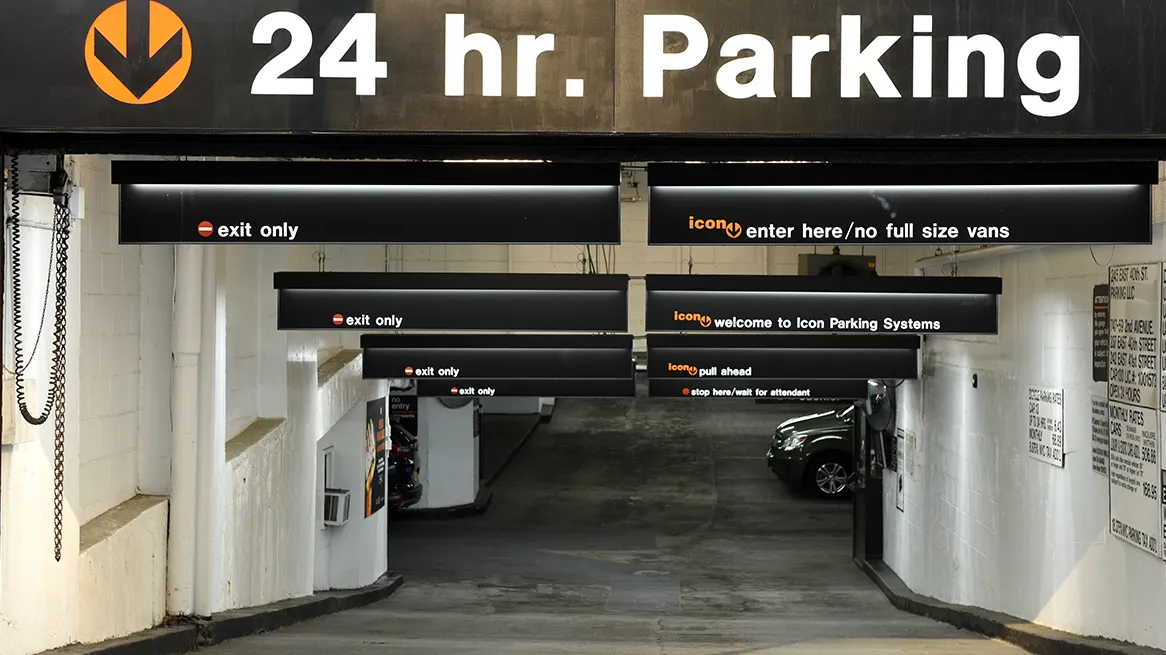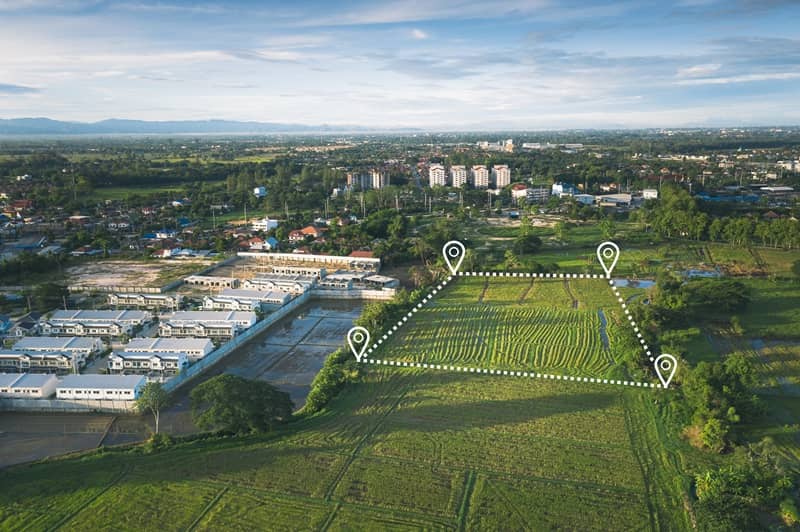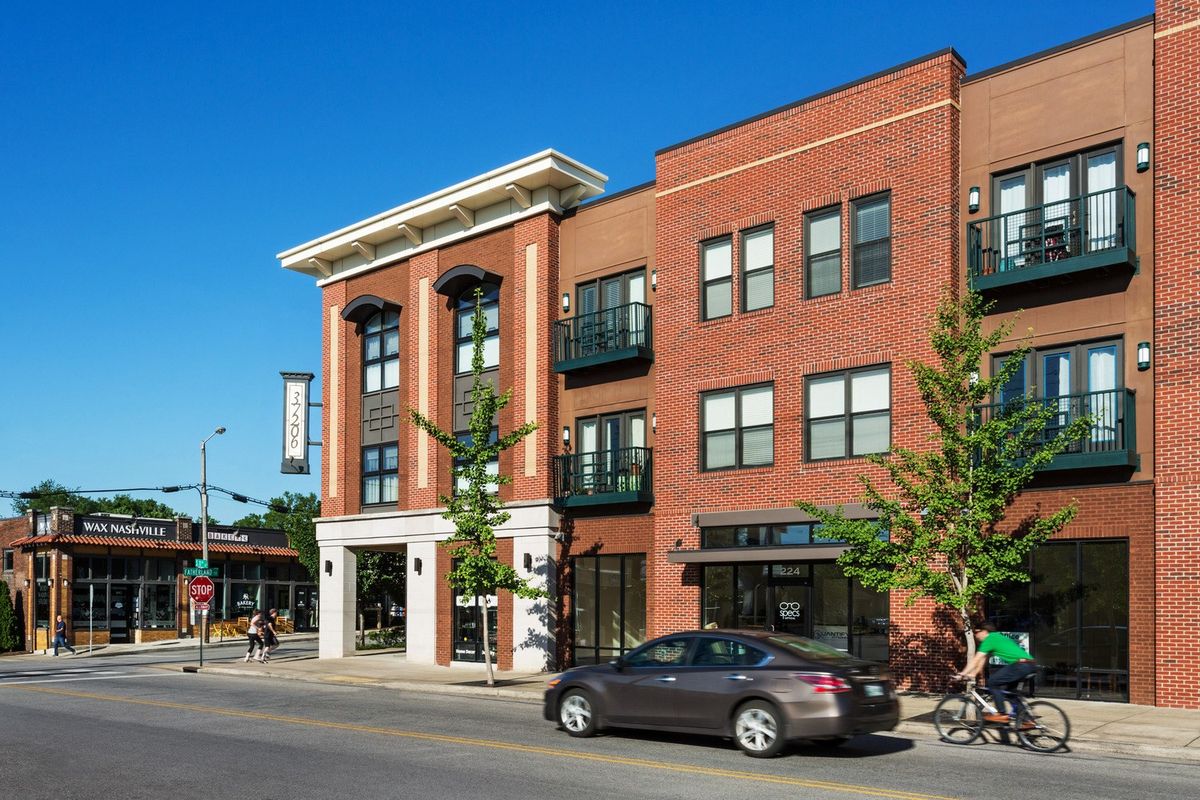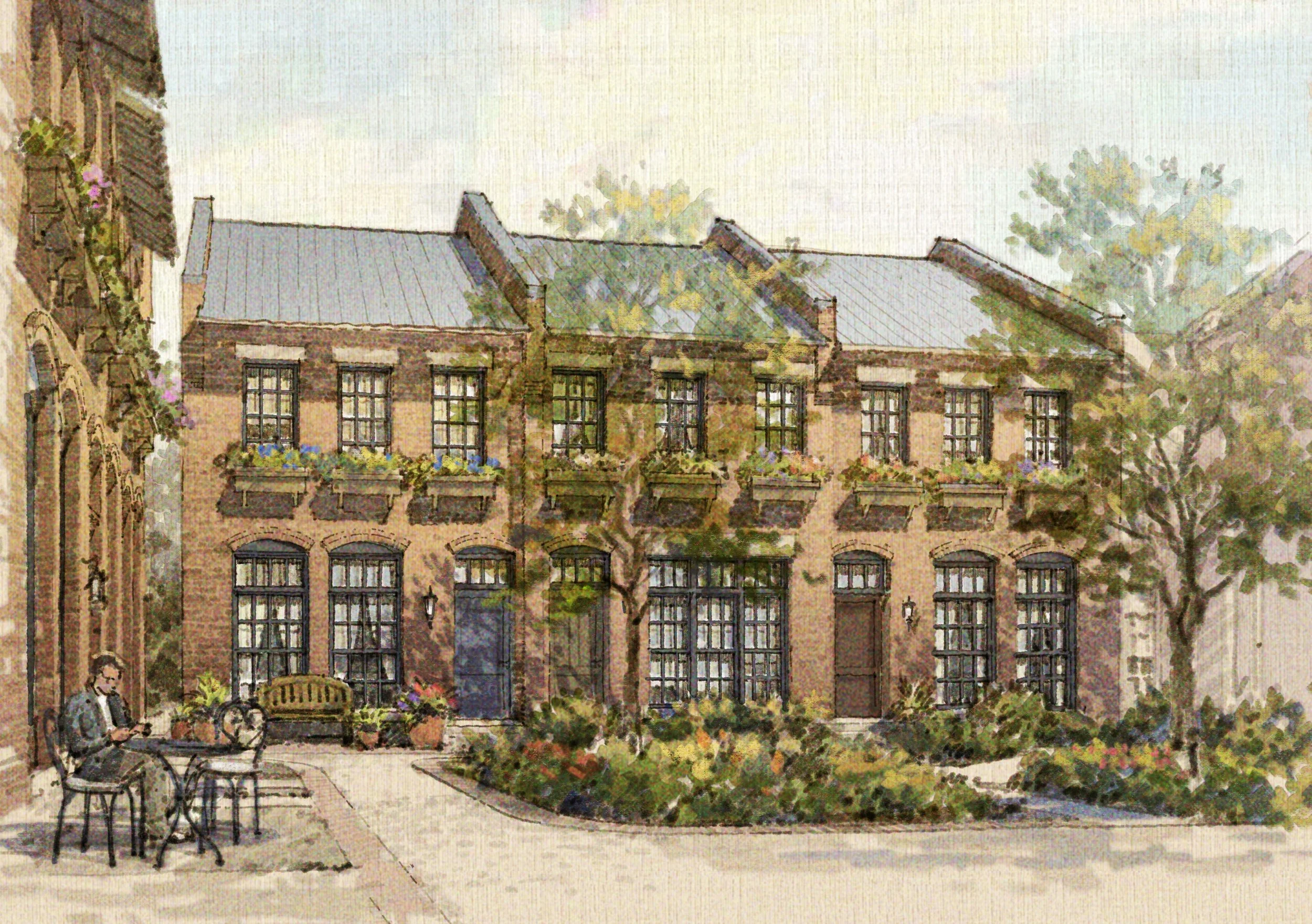How Parking Minimums Drive Up Housing Costs

In New York City, zoning regulations require an average of about 58 off‑street parking spaces for every 100 new apartments.
The Hidden Cost of Off-Street Parking
Between 2010 and 2023, New York City added roughly 307,000 new apartments. This means that about 178,000 new parking spaces were constructed. At $150,000 each, that's more than $26 billion in private capital funneled into parking garages.
These parking mandates don't just take up space — they crush NYC's chances of ever becoming affordable.
At its current state, NYC is estimated to be short of over 500,000 homes. An average affordable housing unit costs between $300,000 to $600,000 to construct. If we take the in-between price — $450,000 — we can see that with the $26.7 billion developers were forced to spend on parking garages between 2010 and 2023, New York City could have built nearly 60,000 additional affordable homes.
Are We Saying Tear Down Every Garage?
No — not by any means. What we are advocating for is what the original City of Yes for Housing Opportunity plan called for: the removal of all parking requirements geared towards developers.
This would leave more room for housing to be built, as well as incentivize developers to construct higher-density buildings without worrying about how they are going to build a proportionate amount of parking spots. This will contribute to an era of affordability as the demand for housing will decrease while the supply increases — leading to lower rent.
Don't Just Build Near Subways — Think Bigger
Much of the current zoning reform, including the City of Yes for Housing Opportunity plan, focuses on transit-rich zones — areas near subways, buses, and major transit hubs. While this makes sense as a starting point, it's not enough. Limiting development only to those areas risks reinforcing existing inequalities and missing opportunities for more holistic, citywide growth.
That's why CivicReset supports a broader approach: one that expands housing opportunity beyond existing transit hubs, while simultaneously pushing for transit improvements in underserved neighborhoods.
Empty Garages, Hollow Neighborhoods
Additionally, parking garages cause major inconveniences to residents of the neighborhoods that they are located in. In 2023, a study on parking availability in New York City garages revealed that 6,000 out of 24,000 available parking spaces in the city's central and business districts were unused during peak hours — suggesting that even during high demand, a significant portion of parking spaces remain vacant.
As these spots sit empty, they also strip neighborhoods of their character and liveliness. Instead of fresh, culturally-rich family-owned businesses, we are forced to look at concrete and stone industrial shells.
There is nothing aesthetic about this. This many parking garages do not belong in a city as transport-accessible and architecturally rich as New York City. Especially when so many of these spots are left unused. Why are we continuing to require developers to build more parking spots if they're not even being used?
NYC Already Has Enough Parking — What It Lacks Is Vision
Even proponents of driving in NYC would agree that there is an adequate amount of parking garages. They might complain about the parking rates — but certainly not about the quantity of spots.
Regardless, the removal of parking requirements would aid in reducing NYC congestion. As the most densely populated city in the country, NYC needs to draw more inspiration from cities like Tokyo and Paris, where transit-oriented planning and minimal car dependency have helped create livable, accessible urban environments.
There needs to be a larger focus on upgrading our infrastructure in transit-deficient areas such as Staten Island, Southeastern Brooklyn, and the eastern half of Queens, so that NYC citizens are less car reliant. There is a plethora of positive externalities that come with reduced driving rates: cleaner air, safer streets, more walkable neighborhoods, and more room for green spaces.
Address Transit Gaps Alongside Zoning Reform
Of course, reducing car reliance must go hand in hand with expanding and improving public transit — especially in areas that have historically been left behind. Staten Island, Southeastern Brooklyn, and Eastern Queens remain some of the most transit-deficient parts of the city, where residents often rely on cars not by choice, but by necessity.
Addressing these gaps through expanded ferry routes, new busways, and future subway extensions is essential. If we want to eliminate parking mandates citywide, we must also make it possible for every New Yorker to live car-free — regardless of their borough.
NIMBYism Is Holding the City Hostage
Yet one of the greatest barriers to this transformation is NIMBYism — the "Not In My Backyard" mentality that fuels opposition to new development, including housing and transit improvements. Too often, residents in wealthier or lower-density areas oppose projects that would bring more housing or eliminate parking mandates, citing fears of congestion, noise, or change to neighborhood "character." But this resistance perpetuates the housing crisis, keeping rents high and limiting growth where it's needed most. In a city of over 8 million, the needs of the broader public must outweigh the preferences of a vocal few. Overcoming NIMBYism is essential if NYC wants to become a city that is affordable, sustainable, and livable for everyone.
The CivicReset Vision: YIMBYism, Equity, and Real Reform
That is why at CivicReset, we have been trying to start a new trend on our social media platforms: YIMBYism. A mindset that will allow us to progress as a city. We have discussed this mindset and its impacts on our social media, and especially on our X (@CivicReset, by the way 😉). And on top of advocating for YIMBYism, we are promoting countless other methods in an effort to combat the NYC housing crisis: higher-density housing, the removal of all parking limits, mixed-use development, and more.
This isn't just about zoning codes — it's about priorities. Every empty parking garage, every blocked proposal, and every delayed infrastructure upgrade is a missed opportunity to build a better New York. We believe the city's future depends on the choices we make now: to support housing over asphalt, people over cars, and equity over inertia.
It's time to reset how we think about zoning, land use, and urban development — and that's exactly what CivicReset is here to do.
Written by: Farid Sofiyev
📍 Learn more: www.civicreset.org
📩 Contact us: info@civicreset.org
📲 Follow us: @CivicReset on X, Instagram, and Facebook
Related Articles

Why Zoning Reform Alone Won't Solve the Housing Crisis — and What Will
Zoning reform is central to the YIMBY movement, but it only raises the ceiling on what developers can build. Land value taxation raises the floor, pushing developers to actually use the opportunities zoning reform creates. Together, they can finally tackle the housing crisis.
8 min read

Zillow Says the Housing Market Is 'Healthy' — Buyers Say It's Still Broken
Zillow economists predict U.S. home prices will modestly rise 1-2% through 2026. But stability does not mean affordability—structural issues like zoning and insufficient construction continue to keep homeownership out of reach for younger generations.
5 min read

This Oklahoma Development Shows What Walkable Cities Are Supposed to Look Like
In Edmond, Oklahoma, entrepreneurs Austin Tunnell and Matthew Myers are building Townsend—a mixed-use development that blends residential, commercial, and community spaces into a truly walkable neighborhood. This is what good urban planning looks like.
6 min read
